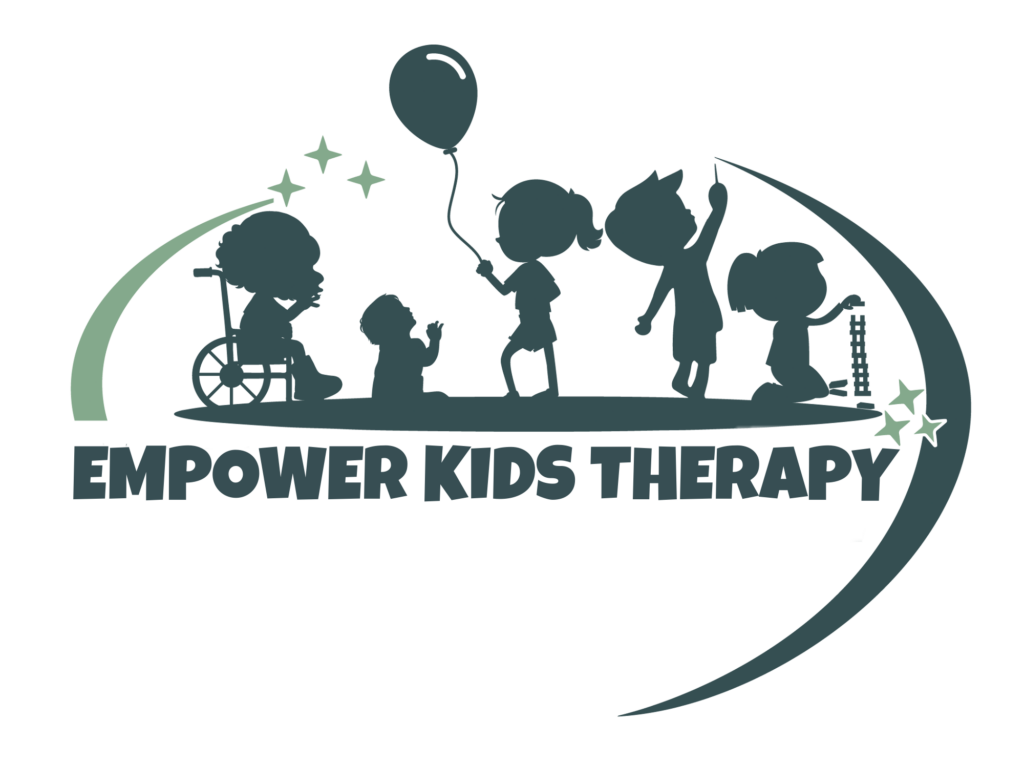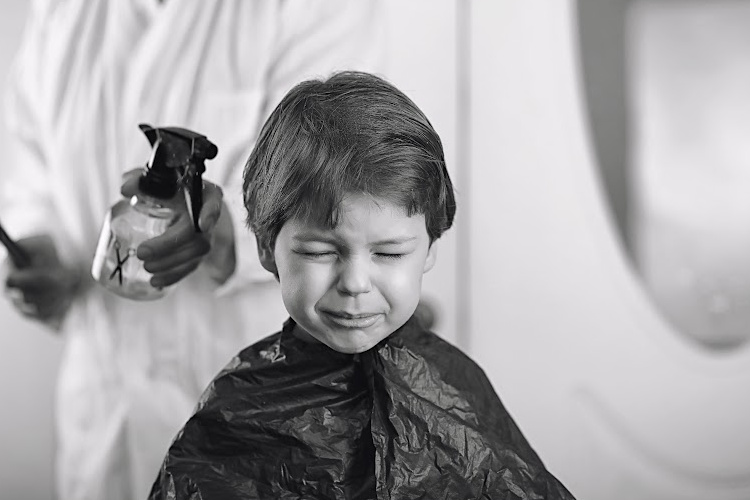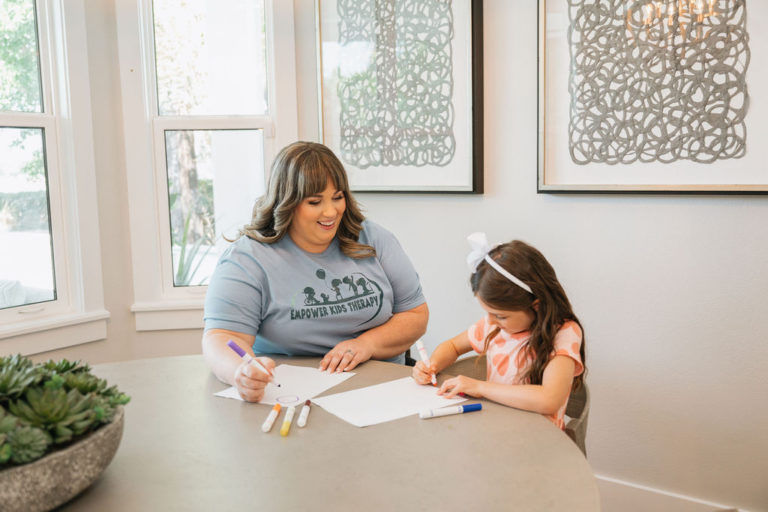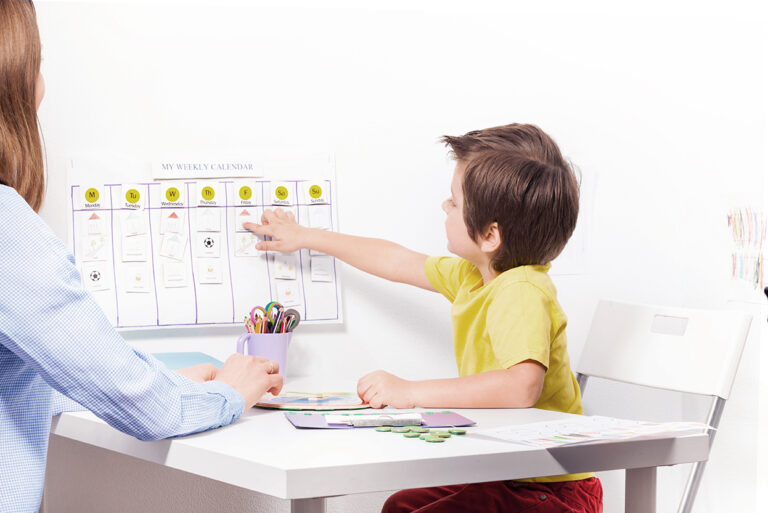Getting a haircut can be a stressful experience for many children, especially if it is their first time or if they have sensory issues. Fortunately, there are steps that caregivers and caregivers can take to calm the child’s fears before, during, and after getting their haircut.
Strategies for making child haircuts easier
- Before the haircut, it is important to provide comfort and preparation. Allow your child to become familiar with the environment and people they will encounter at the hair salon. If visiting the location is not possible, Google pictures and videos of the location. There are also many resources online of social stories which are walkthroughs of the haircut process. Knowing the expectations sometimes can allow avoidance of a sensory meltdown.
- Show them pictures of different hairstyles that they can choose from and help them pick out a style that they feel comfortable with.
- During the haircut, create a relaxed and positive atmosphere by playing calming music and giving your child a distraction such as a toy or a book to keep them occupied.
- Encourage them to take deep breaths and talk them through each step of the process.
- Take breaks to provide sensory input such as a gentle massage or brushing of the scalp with a soft brush or even a hug
After the haircut, it is important to show your child that they did a great job. Provide positive reinforcement, rewards, or even just a hug to let them know how proud you are of them.
If the experience was particularly stressful, consider exploring other options such as at-home haircuts to make sure your child feels comfortable and secure
Take your child to the salon when it’s not busy and make sure that the hairdresser knows how to make it a fun experience for them.
Consider scheduling regular haircuts to help make the process more routine and comfortable for your child.
If your child’s fear of haircuts persists even after trying the strategies above, you may want to speak with an occupational therapist for additional guidance. At Empower Kids Therapy we can provide additional support and help your child cope with any underlying issues that may be contributing to their fear.












